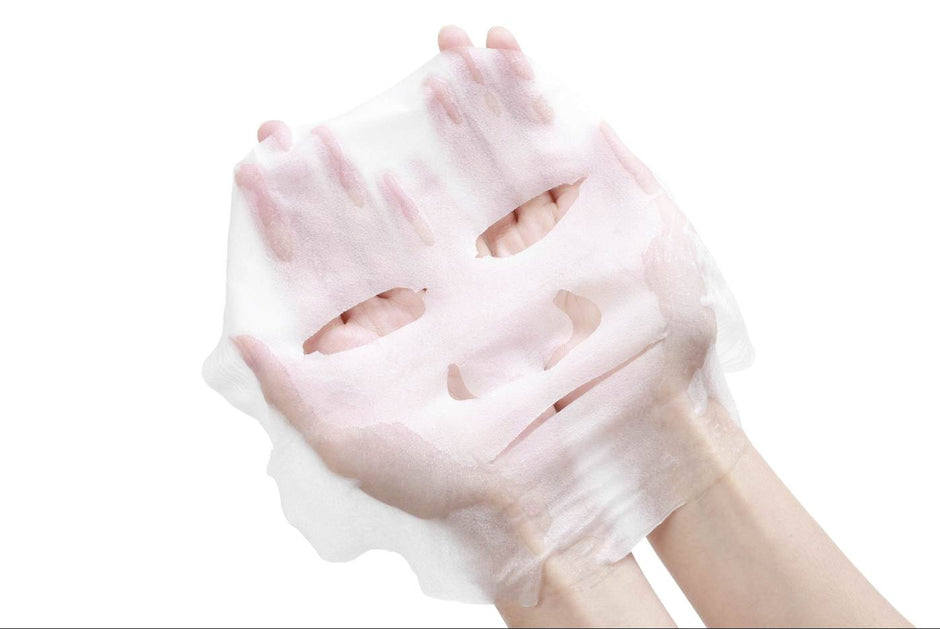By Liane Scior
Director of Education
What’s Topical Vitamin C?
Topical Vitamin C is a powerful antioxidant used in skincare to protect the skin from damage and boost its overall look. It helps neutralize free radicals, reducing oxidative stress, and supports collagen production, which can minimize fine lines and wrinkles. Beyond its anti-aging perks, Vitamin C brightens the skin by limiting melanin production, making it great for tackling hyperpigmentation and uneven skin tone. Available in serums and creams, Vitamin C can be customised for various skin types and concerns, making it a versatile tool for skin therapists aiming for glowing, healthy skin.
How Does Topical Vitamin C Work?
Topical Vitamin C shines as a potent antioxidant, fighting free radicals that damage and age the skin. When applied, it penetrates the skin’s layers, addressing oxidative stress from UV rays and pollution. Vitamin C also stimulates collagen production by encouraging fibroblasts, enhancing skin elasticity and firmness, and reducing fine lines and wrinkles.
Its brightening effect comes from its ability to inhibit melanin production by interfering with the enzyme tyrosinase. This helps in reducing hyperpigmentation and evening out skin tone. Combining these benefits—protecting against environmental damage and boosting collagen—makes Vitamin C a key player in achieving a youthful, radiant complexion. For skin therapists, incorporating Vitamin C into treatments can improve overall skin health and address multiple issues at once.
Different Forms of Topical Vitamin C
Topical Vitamin C comes in various forms, each with its unique traits and benefits:
L-ascorbic Acid: The purest and most effective form, known for deep penetration and strong antioxidant properties. Though potent, it’s unstable and degrades with light and air, requiring careful packaging and formulation.
Ascorbic Acid Derivatives: More stable than L-ascorbic acid, like ascorbyl palmitate and sodium ascorbyl phosphate. These are less potent but still offer significant antioxidant protection and brightening, making them suitable for longer-term use and sensitive skin.
Vitamin C Esters: Includes tetrahexyldecyl ascorbate and ascorbyl glucoside. These esters are stable, penetrate the skin effectively, and are less irritating, making them good choices for sensitive skin types.
The best type of Vitamin C depends on the skin’s needs and the intended use. L-ascorbic acid is great for high-potency professional treatments, while esters or derivatives might be better for daily use or sensitive skin.
Using Vitamin C in Professional Treatments
Adding Vitamin C to professional skin treatments can enhance results when used with devices like microdermabrasion, chemical peels, and radiofrequency treatments.
Microdermabrasion: Post-treatment, Vitamin C serums can maximize the benefits by boosting antioxidant protection and collagen synthesis. It helps soothe and brighten the skin, reducing redness and aiding the healing process.
Chemical Peels: Vitamin C can speed up recovery and improve results after a peel by reducing inflammation and addressing pigmentation issues. It also helps reinforce the skin barrier and improve texture and tone.
Radiofrequency Treatments: Vitamin C complements radiofrequency by enhancing collagen production and providing antioxidant protection. It aids in reducing oxidative stress and supports skin repair, enhancing and prolonging treatment results.
For the best outcomes, choose a stable Vitamin C serum and apply it after the treatment to take advantage of the skin’s increased receptivity. Combining Vitamin C with these treatments can amplify their effectiveness and improve overall skin health.
How your clients can get the best results at home
Adding Vitamin C to a daily skincare routine can lead to noticeable improvements. Here’s how clients can get the best results:
Routine Integration: Use Vitamin C daily, ideally in the morning. This timing leverages its antioxidant properties to shield the skin from daily environmental damage. Apply it after cleansing and before moisturizing for optimal results.
Choosing the Right Product: Look for serums with a 10% to 20% Vitamin C concentration and a pH below 3.5 for better absorption. Sensitive skin types might benefit from derivatives or esters like ascorbyl glucoside. Select products from reputable brands to ensure stability and quality.
Application Tips: Use a few drops of serum, gently patting it onto the face and neck. Always follow up with broad-spectrum sunscreen to protect against UV damage and maintain the brightening effects of Vitamin C. Consistent use is key for gradual improvements in skin tone and texture. Monitor for any irritation and consult a dermatologist if needed.
Vitamin C and Compatibility with Other Ingredients
Vitamin C works well with other active ingredients to boost overall effectiveness and address multiple skin issues:
Hyaluronic Acid: Enhances hydration and plumps the skin, while Vitamin C provides antioxidant protection and boosts collagen production. Together, they smooth fine lines and improve skin texture.
Broad-Spectrum Sunscreen: Essential for comprehensive protection, as Vitamin C alone doesn’t replace sunscreen. Using both ensures full defense against UV damage and supports Vitamin C’s benefits.
Exfoliants and Retinoids: When used together with Vitamin C, be mindful of potential irritation. Exfoliants can enhance Vitamin C absorption but might cause sensitivity. Retinoids, effective for skin renewal, can be combined with Vitamin C for anti-aging benefits, but introduce them gradually to minimize irritation.
By carefully integrating Vitamin C with these complementary ingredients and adjusting the regimen based on individual needs, clients can achieve optimal results while keeping their skin healthy and irritation-free.




